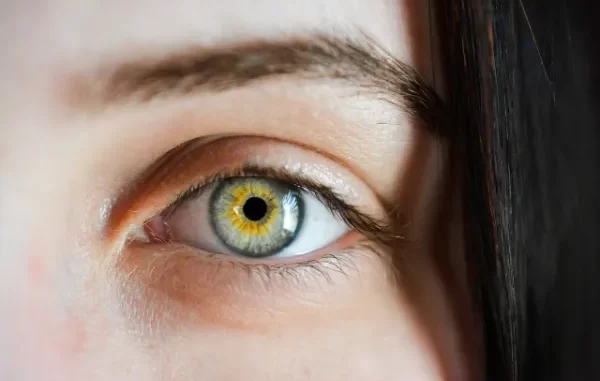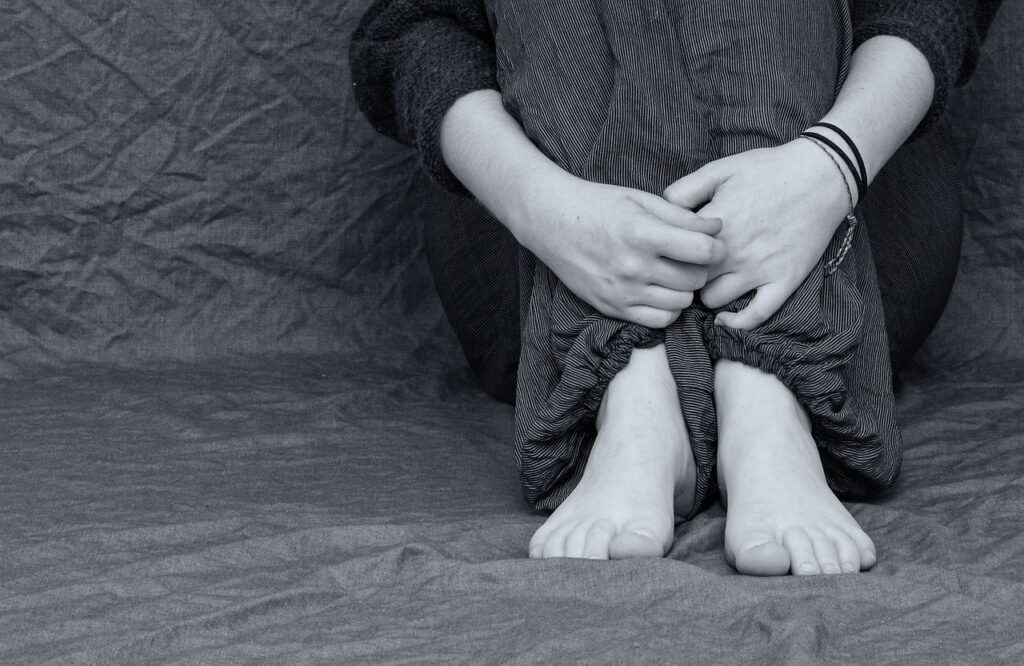
In a world filled with a constant stream of information, it has become increasingly challenging to discern fact from fiction, truth from opinion, and knowledge from misinformation. As we navigate through the vast sea of data, it is crucial to question the veracity of the claims we encounter daily.
This article explores the significance of being sure about what we believe, and why cultivating critical thinking and self-reflection are essential in an age of rampant misinformation and cognitive biases.
The Dilemma of Information Overload
The digital age has brought unparalleled access to information, but this abundance also poses a dilemma. With the proliferation of social media, blogs, news outlets, and online forums, we find ourselves bombarded with various viewpoints, theories, and claims. Without the proper tools to filter and analyze this information, we risk falling into the trap of believing everything we encounter.
The human brain naturally seeks patterns and tends to accept information that aligns with preexisting beliefs, regardless of its accuracy. This cognitive bias, known as confirmation bias, can lead to the acceptance of misinformation and perpetuate false narratives. To overcome this challenge, we need to embrace a mindset of skepticism and critically evaluate the information presented to us.
The Role of Critical Thinking

Critical thinking is the process of actively analyzing and evaluating information, arguments, and claims. It involves asking probing questions, considering alternative viewpoints, and weighing evidence before forming conclusions. When we practice critical thinking, we become more discerning consumers of information, less susceptible to manipulation, and more capable of making well-informed decisions.
One crucial aspect of critical thinking is recognizing the difference between subjective opinions and objective facts. While opinions are personal beliefs and preferences, facts are verifiable and supported by evidence. By distinguishing between the two, we can avoid making decisions based on emotions or biases and instead rely on reliable data.
Question Everything
To be sure about something, we must learn to question everything. This doesn’t mean being cynical or overly skeptical but rather adopting an attitude of healthy inquiry. When faced with a new piece of information, ask yourself:
- What is the source of this information, and is it reputable?
- Are there any biases or hidden agendas that could influence the presentation of this information?
- Are there counterarguments or conflicting evidence that I should consider?
- Can I find multiple reliable sources that support this claim?
- How does this information fit into my existing knowledge and understanding of the topic?
By engaging in this questioning process, we can build a more accurate and comprehensive understanding of the world around us.
The Dangers of Blind Acceptance

Blindly accepting information without critical examination can lead to serious consequences. Misinformation can spread rapidly, causing public confusion and panic. In some cases, it can even result in health risks, financial losses, or social unrest. To protect ourselves and our communities, we must embrace the responsibility of being informed and discerning individuals.
The Impact of Social Media
Social media platforms have revolutionized communication, connecting people from all corners of the world. However, the algorithms behind these platforms are designed to keep users engaged, often leading to echo chambers that reinforce existing beliefs and isolate individuals from alternative perspectives. This exacerbates confirmation bias and makes it even more challenging to question the information we encounter.
To mitigate the negative effects of social media, we can actively diversify our sources of information, follow reputable news outlets, fact-check claims before sharing them, and engage in respectful discussions with people who hold differing opinions.
The Power of Self-Reflection
In addition to critical thinking, self-reflection plays a vital role in our quest for knowledge and understanding. It involves examining our own beliefs, biases, and cognitive processes. By being aware of our cognitive biases, we can consciously work to minimize their influence on our thinking and decision-making.
Furthermore, self-reflection enables us to recognize when we might be wrong and open ourselves to changing our perspectives when presented with new evidence. This flexibility and openness are key to intellectual growth and the pursuit of truth.
In a world overflowing with information, it is crucial to question the things we encounter. Being sure about something requires more than just accepting what is convenient or comfortable. It demands engaging in critical thinking, questioning the sources and credibility of information, and recognizing our own cognitive biases.
By cultivating a curious and open mindset, actively seeking diverse viewpoints, and practicing self-reflection, we can become more discerning and responsible consumers of information. Let us strive to create a society that values intellectual honesty and thoughtful inquiry, where being sure about something is a result of informed and rational deliberation.






Leave a Reply